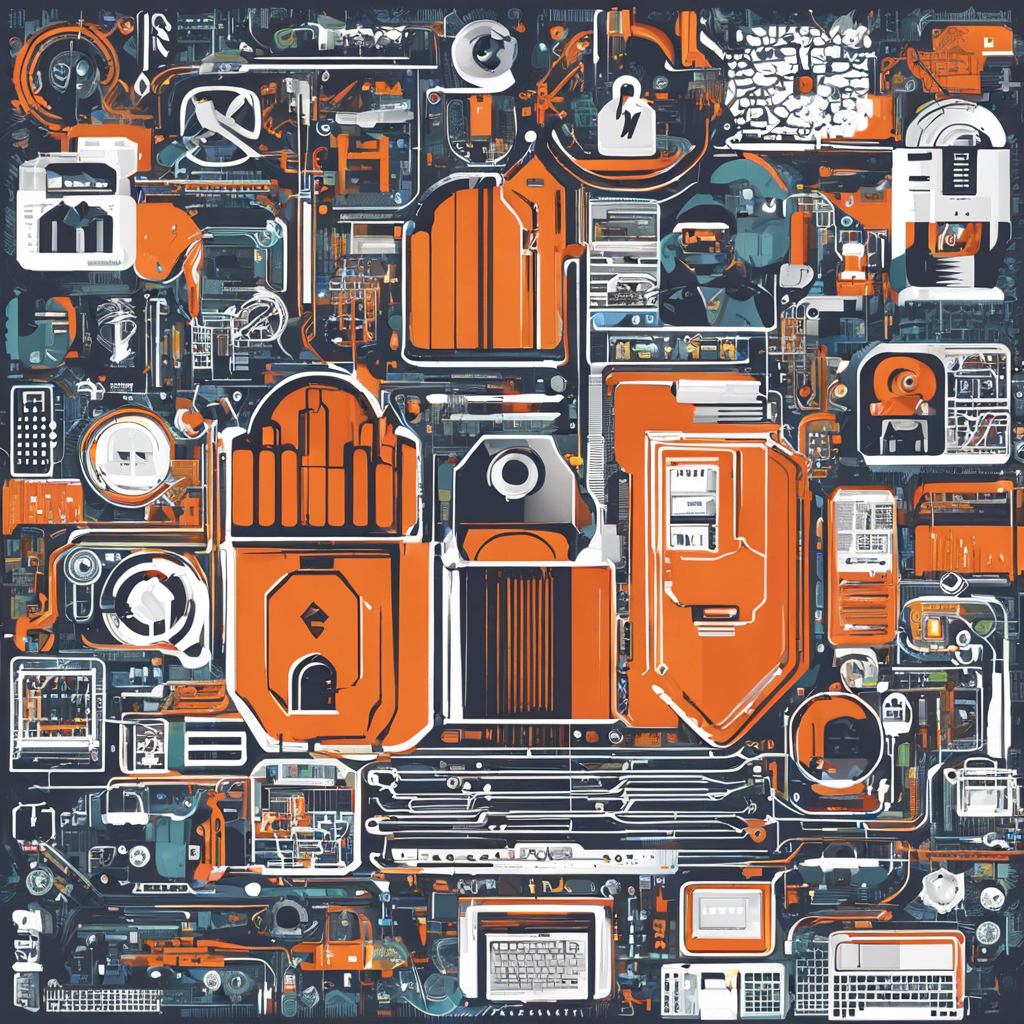# Protecting Your Digital Life: Essential Cyber Security Tips
In today’s digital age, where we rely heavily on technology for almost every aspect of our lives, ensuring online security is more crucial than ever. With cyber threats constantly evolving, individuals must take proactive steps to safeguard their personal information and online activities. Here are some essential cyber security tips to help you enhance your online protection:
## Secure Your Passwords
The first line of defense against cyber attacks is a strong password. Avoid using easily guessable information such as your name, birthdate, or common words. Instead, create complex passwords that include a combination of uppercase and lowercase letters, numbers, and special characters. Consider using a password manager to generate and store unique passwords for each of your online accounts. This simple practice makes it significantly harder for hackers to gain unauthorized access. It’s also a good idea to enable two-factor authentication (2FA) wherever possible, adding an extra layer of security to your accounts.
## Be Mindful of Phishing Attempts
Phishing attacks are a common method used by cybercriminals to trick individuals into revealing sensitive information. These attacks often come in the form of email or text messages that appear to be from legitimate sources, such as your bank or a trusted organization. Be cautious of any unsolicited communication asking for personal or financial details. Always verify the source by contacting the organization directly through official channels, and never click on suspicious links or download attachments from unknown senders. Staying vigilant and educating yourself about the latest phishing tactics can go a long way in protecting your online identity.
## Keep Your Software Updated
Regularly updating your operating system, web browsers, and applications is crucial for maintaining a secure digital environment. Software updates often include security patches that address known vulnerabilities, making it harder for hackers to exploit these weaknesses. Enable automatic updates whenever possible to ensure you’re running the latest and most secure versions of your software. This simple practice can significantly reduce the risk of falling victim to cyber attacks that target outdated systems.
## Practice Safe Browsing Habits
The internet is vast, and not every website or online service prioritizes security. When browsing the web, be cautious of the sites you visit and the information you share. Look for the padlock symbol in the address bar, indicating a secure connection, especially when making online purchases or providing personal details. Avoid clicking on suspicious pop-ups or advertisements, as they may lead to malicious websites. Using ad-blocker extensions can also help minimize the risk of accidentally clicking on malicious ads.
## Secure Your Wi-Fi Network
Your home Wi-Fi network is a gateway to your digital life, so it’s essential to secure it properly. Change the default password and username of your router to something unique and strong. Enable network encryption, such as WPA2 or WPA3, to protect your data while it’s being transmitted over the network. Regularly update your router’s firmware to ensure it has the latest security features. Additionally, consider setting up a guest network for visitors to prevent unauthorized access to your primary network.
## Back Up Your Data Regularly
Backing up your important data is a crucial aspect of cyber security. Regularly create backups of your essential files, documents, and photos to an external hard drive or a secure cloud storage service. This practice ensures that even if your device is compromised or stolen, your data remains safe and accessible. Cloud storage options often provide encryption and two-factor authentication, adding an extra layer of security to your backups.
## Educate Yourself and Stay Informed
Staying informed about the latest cyber threats and security practices is key to maintaining a strong defense. Follow reputable technology news sources, blogs, and websites that provide updates on emerging cyber threats and best practices. Many online resources and courses can help you understand the fundamentals of cyber security and how to implement protective measures. By educating yourself, you become better equipped to identify potential risks and take timely action.
## Monitor Your Online Presence
Regularly review your online accounts and privacy settings to ensure your personal information is not exposed. Check your social media profiles and adjust privacy settings to limit the visibility of your personal details to trusted connections. Be mindful of the information you share publicly, as it could be used by cybercriminals for social engineering attacks. It’s also a good idea to use privacy-focused search engines and consider using virtual private networks (VPNs) to encrypt your online activities, especially when using public Wi-Fi networks.
By implementing these cyber security tips, you can significantly improve your online protection and reduce the risk of falling victim to cyber threats. Remember, in the digital world, staying vigilant and proactive is the best defense against potential dangers. Stay safe online!
